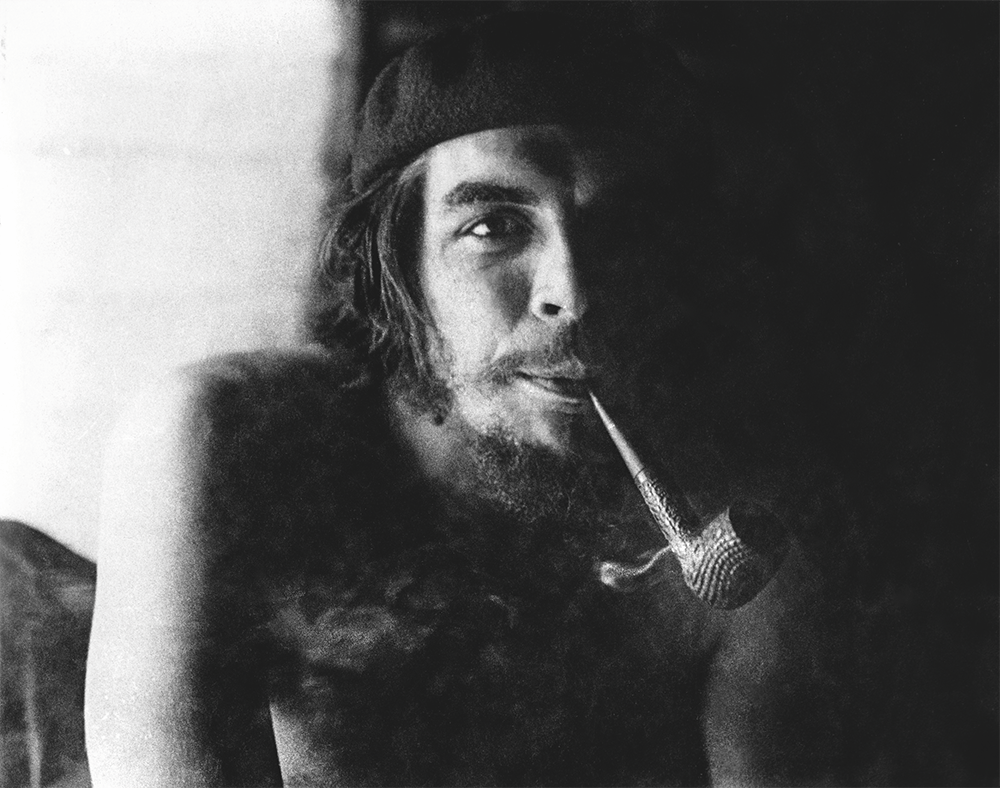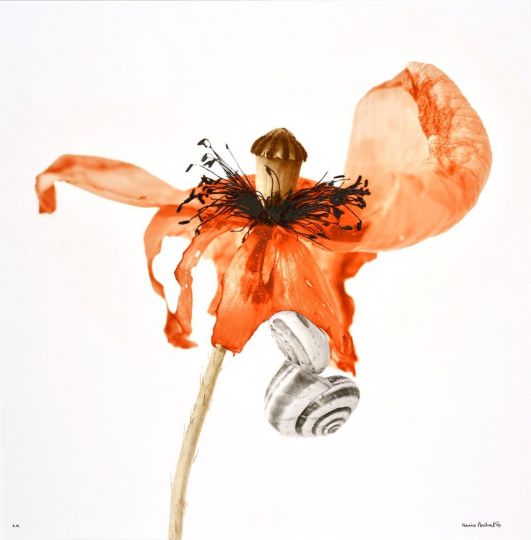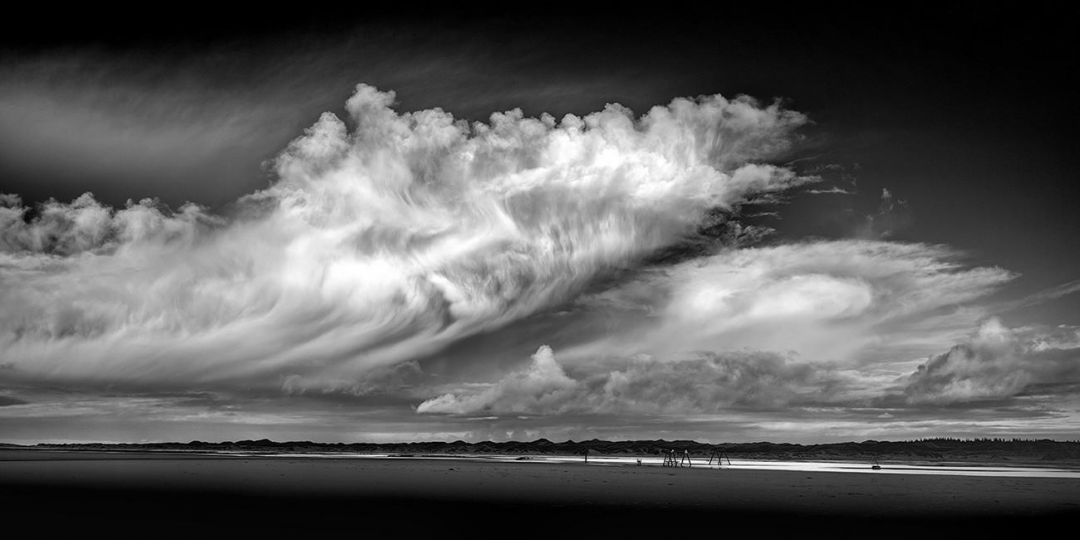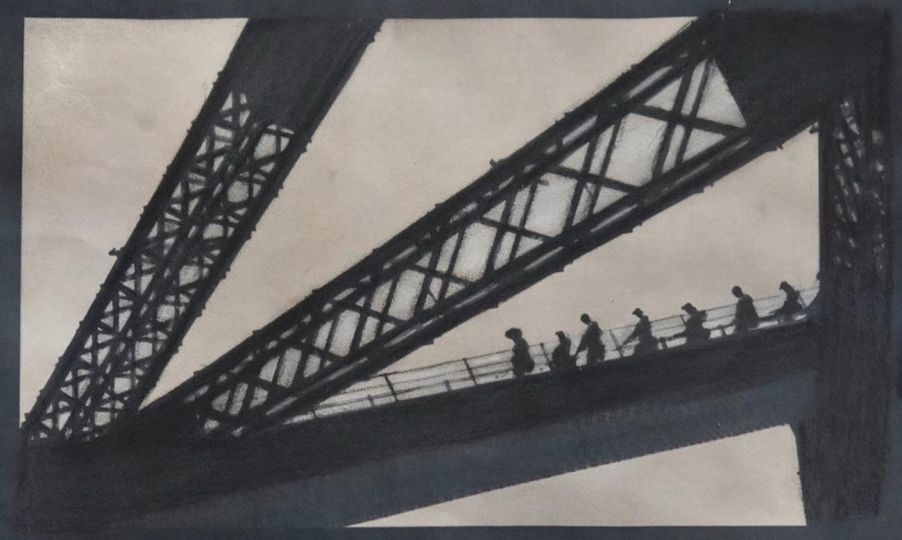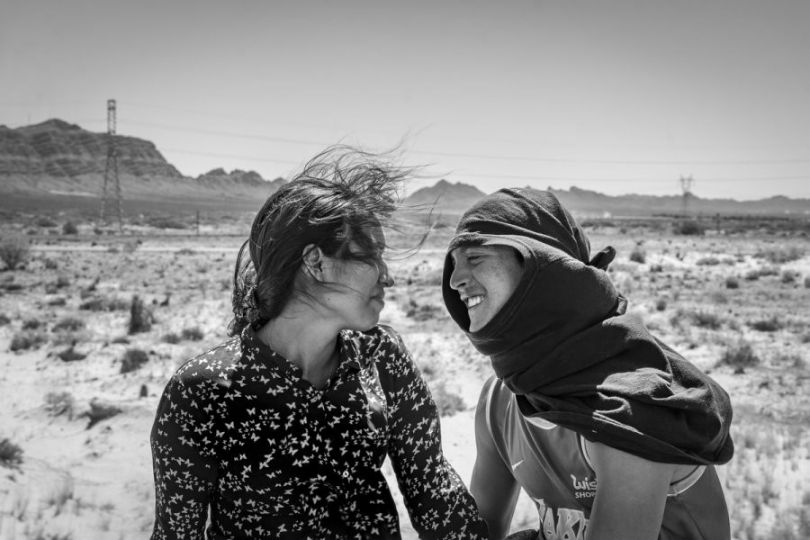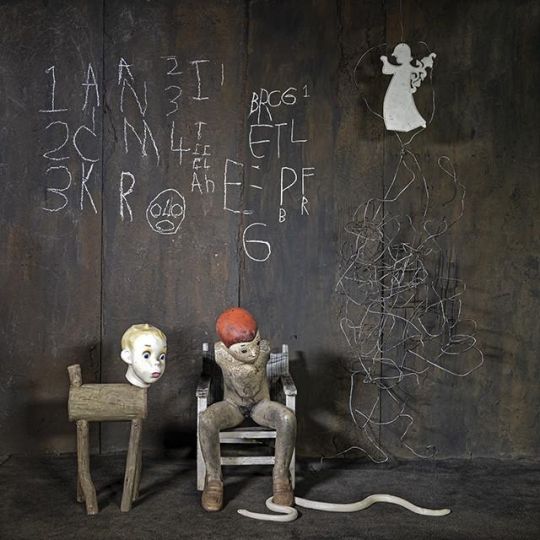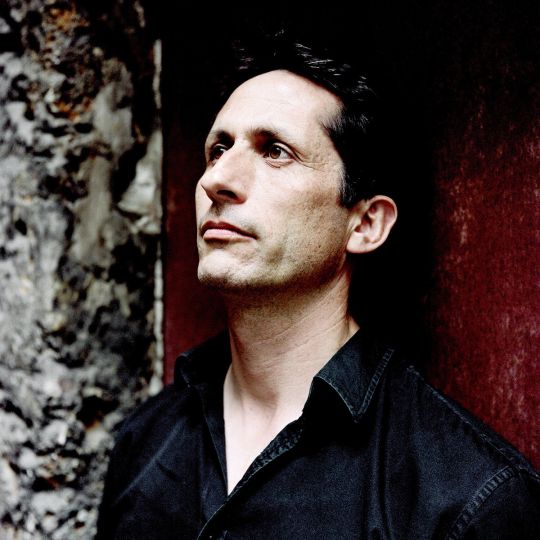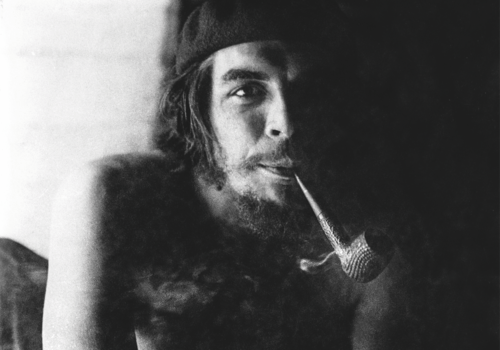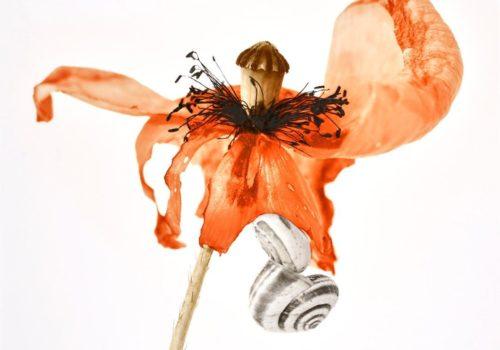The Canon Female Photojournalist Award 2013 was granted by the Association of Female Journalists (AFJ) to Mary Calvert (USA) for her project The war within : sexual violence in america’s military. The jury, which included, Magali Jauffret (L’Humanité), Delphine Lelu (Visa pour l’Image), Romain Lacroix (Grazia), Nicolas Jimenez (Le Monde), Andreina De Bei (Sciences et Avenir) and from AFJ: Brigitte Huard, Catherine Lalanne (Pèlerin) and Florence Panoussian (AFP) met in Paris on 26th June 2013.
The prize, funded by Canon, will be handed to the winner on 7th September 2013 in Perpignan at the 25th International Festival of Photojournalism Visa Pour l’Image. To support the realization of the project, a sum of 8000 € will be given to the laureate. She has a year to complete it and her work will be shown during the Visa pour l’Image Festival 2014.
The jury for 2013 decided to support Mary Calvert (USA) in her proposed project about the rape within the american army, a rampant sex scandal wich as been a taboo since some courageous women decided to break silence. The war within : sexual violence in america’s military Un projet de Mary Calvert (USA) Women who join the US Armed Forces are being raped and sexually assaulted by their colleagues in record numbers. An estimated 26,000 rapes and sexual assaults took place in the armed forces in 2012, an increase of 35% over 2011 numbers and only one in seven victims reported their attacks. Many fear, retaliation, demotion or being kicked out of the military on erroneous claims that they have mental disorders, because they have seen it happen to others.
These crimes are often covered up by an organization that has its own police and judicial system firmly under its command, where civilian laws cannot penetrate the « thin green line ». Victims are labeled crazy, liars and sexually promiscuous by their fellow troops and commanders. Many are forced to continue working for the perpetrators. The victims are shunned and blackballed, not just by the men, but also by other women in their units. The Military Rape Crisis Center estimates that 92% of all military rape survivors are forced out of service.
The effects of Military Sexual Trauma (MST) include depression, substance abuse, paranoia and fellings of isolation. Victims spend years drowning in shame and fear as their psychological damage silently eats away at their lives : many frequently end up addicted to drugs and alcohol, homeless or take their own lives.
Mary Calvert says « When I heard about the rape epidemic in the US military, my anger drove my vow to gather and amplify the stories of women assaulted by the very institution that espouses to protect people of our country. For the last several month, I have begun photographing MST survivors around the US. How do they live ? Why are rape and sexual assault so prevalent in the US armed forces ? Why are victims ignored and the abuse considered simply a breach of conduct and not a criminal offense ? Why are women soldiers in America’s military discharged with personality disorders at a disproportionate rate to male soldiers ? With the United States promoting itseld as a beacon of freedom and human dignity to the rest of the world, how does it win the war of ideas in places like Afghanistan, where our leaders decry the abuse of women by the talibans, while allowing the same abuse ? These are the some of the questions I will answer and show. With making this story come alive, I believe my project will put a human face on the victims and then move the public to action, thereby forcing the US government and military to change military law and its policy on rape and sexual misconduct, punish the perpetrators and bring justice to the survivors of MST ».

